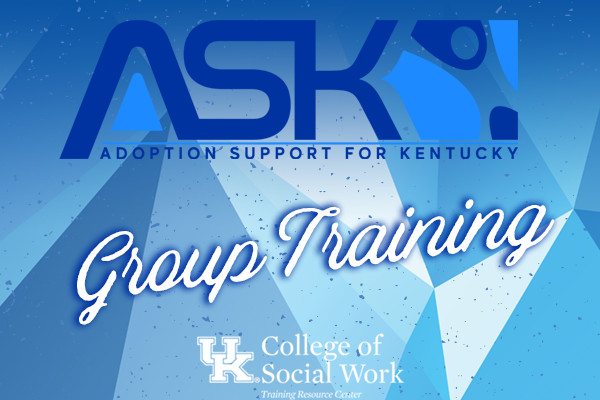Strengths-based Case Management with Military Veterans: Building Protective Factors Against Suicide
Our military faces significant challenges in returning and adjusting to civilian society. The experience of military service highlights the dichotomy between an opulent civilian society and the starkness of combat deployment. In addition to re-acclimating to civilian society after service, combat veterans often return home with physical, emotional, and neurological injuries.
Service members enlist in the military for a variety of reasons aligning with satisfying their basic psychological needs. Upon the completion of their military career, veterans often face barriers to meeting basic psychological needs as they transition to civilian life. When faced with barriers to achieving basic psychological needs, veterans may experience suicidality.
While this is a simplified explanation of veteran suicidality, it underscores how the transition home may impact the veterans’ ability to adjust to life outside the military. The focus on basic psychological needs provides a theoretical foundation for why veterans may struggle with suicidality. It also leads to the means of reducing veteran suicidality.
A strengths-based case management approach empowers veterans to meet their basic psychological needs, achieving self-efficacy, connectedness, and expertise. The veteran’s inherent and communal protective factors are identified and enhanced within the strengths-based case management model. These protective factors become tools that mitigate suicidality.






